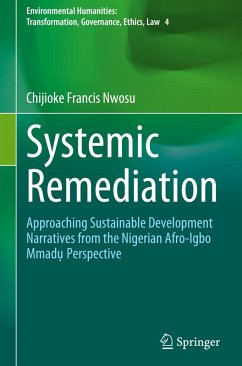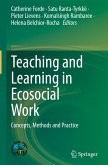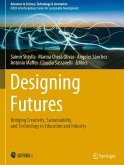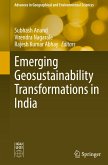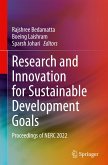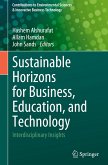Since the issues and discourses surrounding sustainable development entered its phase in our contemporary world, the political, social, economic, ecological, and cultural existence of our modern world has inevitably adopted varied measures to respond better to the demands of our time. This book contributes to the global call for transitions and transformations towards a more sustainable human society. This contribution is specific, dialogic and comparative and also has deep cultural and ethnological consciousness based on the Nigerian experiences and, by extension, the African experience.
The research work presents as its background the hypothesis that varied forms of structures-socio-political, socio-economic, socio-ecological and socio-cultural-unite to constitute 'structural sins' (John Paul II) and, consequently, the banes to authentic and sustainable development. These dysfunctional structures were critically analysed and evaluated.
Furthermore, the research work takes up the contemporary discourse on sustainable development, beginning with earlier development concepts, the impactful contribution of social documents of the church to development discourse, the timeline of the general global and sustainable development approach and governance, as well as the specifics of the twin documents of the year 2015, namely Agenda 2030 and Laudato Si. Again, an indigenised manuscript for development discourse known as Nigeria Vision 20:2020 was examined to delineate the fact that forms of indigenous efforts to discuss and administrate the development process are noticeable. However, such efforts have remained negatively exploited by both internal and external man-made corrupt factors. One such factors discussed in this book, among others, is the failure of Nigeria since independence to stabilise its power and energy sector.
The research work presents as its background the hypothesis that varied forms of structures-socio-political, socio-economic, socio-ecological and socio-cultural-unite to constitute 'structural sins' (John Paul II) and, consequently, the banes to authentic and sustainable development. These dysfunctional structures were critically analysed and evaluated.
Furthermore, the research work takes up the contemporary discourse on sustainable development, beginning with earlier development concepts, the impactful contribution of social documents of the church to development discourse, the timeline of the general global and sustainable development approach and governance, as well as the specifics of the twin documents of the year 2015, namely Agenda 2030 and Laudato Si. Again, an indigenised manuscript for development discourse known as Nigeria Vision 20:2020 was examined to delineate the fact that forms of indigenous efforts to discuss and administrate the development process are noticeable. However, such efforts have remained negatively exploited by both internal and external man-made corrupt factors. One such factors discussed in this book, among others, is the failure of Nigeria since independence to stabilise its power and energy sector.

